Proposed Hijab Ban In France Sparks Controversy: Under-15s Targeted
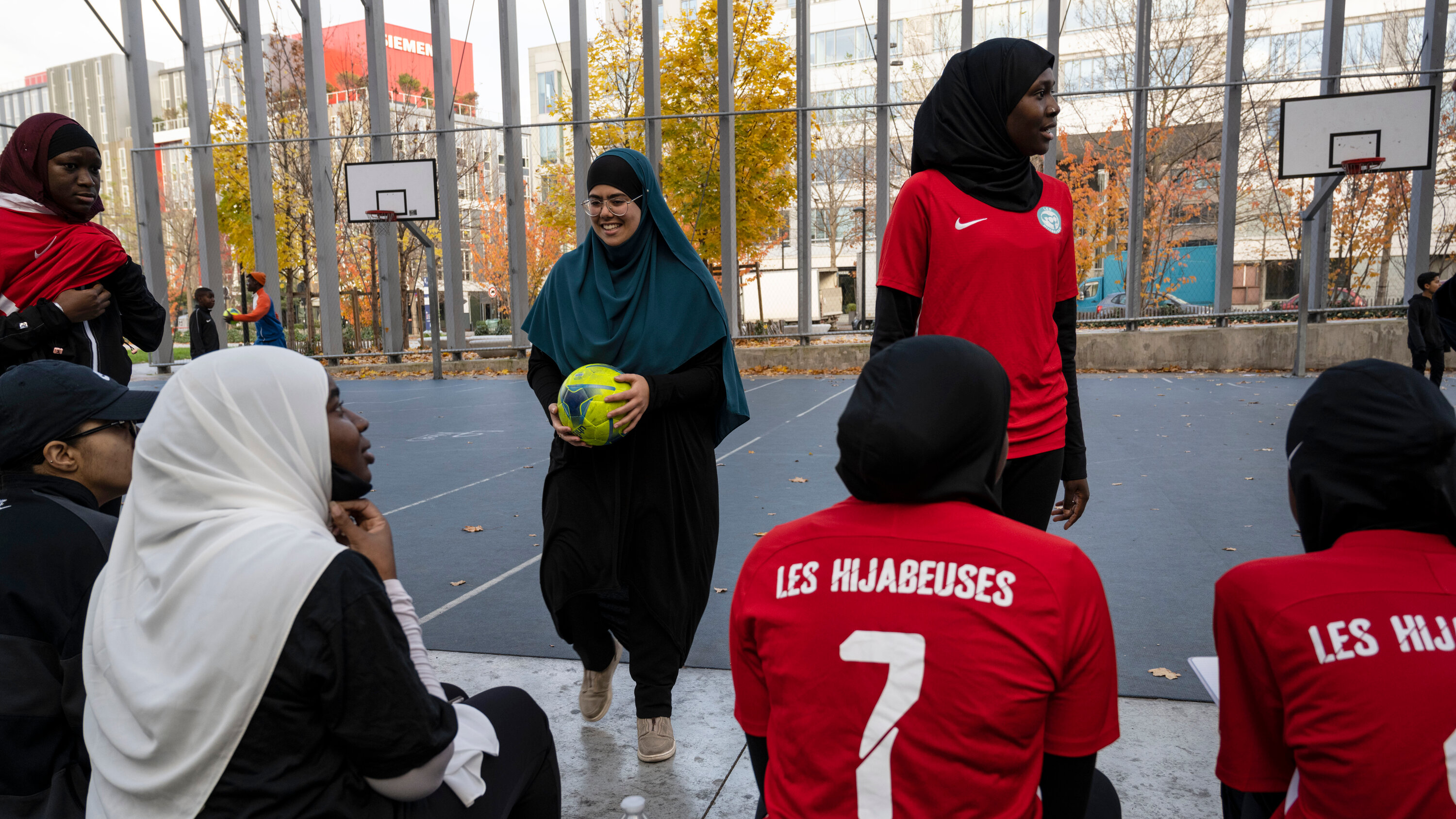
Table of Contents
The Proposed Legislation and its Details
The proposed ban targets the wearing of the hijab—a headscarf worn by many Muslim women—by girls under the age of 15. While the exact details are still being debated, the proposed legislation aims to restrict the wearing of the hijab in certain public spaces. This is not a complete ban on hijabs, but a targeted measure focused on minors. The specific locations affected are likely to include schools and potentially other public areas. The legislation aims to prevent what some perceive as the forced wearing of the hijab on young girls.
- Age restriction: The proposed legislation specifically targets girls under 15 years old. This age limit is a key element of the controversy, raising questions about the autonomy and rights of minors.
- Locations affected: While the exact scope remains unclear, the ban would likely apply to public schools and potentially other public spaces, such as government buildings or certain public transportation.
- Enforcement mechanisms: The proposed enforcement mechanisms are a source of ongoing debate. Possible methods include increased surveillance in schools and public spaces, along with potential penalties for non-compliance.
- Potential penalties: Potential penalties for violating the ban could include fines for parents or guardians, suspension or expulsion from school for the girls themselves, and potentially other administrative sanctions.
Arguments For and Against the Ban
The proposed ban has ignited passionate debate, with strong arguments presented on both sides.
Arguments in Favor
Proponents of the ban primarily frame it within the context of France's strong commitment to secularism (laïcité).
-
Secularism and the separation of church and state: Supporters argue the ban is necessary to uphold the principle of secularism, preventing the intrusion of religion into public spaces, particularly those meant for education.
-
Concerns about potential coercion of young girls: Some argue that young girls may be pressured into wearing the hijab by family members or community pressures, and the ban aims to protect them from this coercion.
-
Emphasis on protecting children from religious extremism: While a tenuous link, some proponents suggest the ban could be a preventative measure against the potential influence of religious extremism on vulnerable young people.
-
Specific statements: Proponents frequently cite concerns about the potential for indoctrination and the importance of protecting children's freedom of choice. They often point to anecdotal evidence, although this is often disputed by opponents.
Arguments Against the Ban
Opponents strongly condemn the proposed ban as a violation of fundamental human rights.
- Violation of religious freedom and human rights: Critics argue the ban infringes upon the religious freedom of Muslim girls and their families, violating international human rights standards, specifically those enshrined in the Universal Declaration of Human Rights and the International Covenant on Civil and Political Rights.
- Potential for discrimination and stigmatization of Muslim girls: The ban is seen as discriminatory, targeting a specific religious group and potentially leading to increased stigmatization and marginalization of Muslim girls in French society.
- Counter-arguments regarding coercion and extremism: Opponents argue that the ban is based on unfounded assumptions about coercion and extremism, neglecting the agency and individual choices of young Muslim girls and their families.
- Concerns about the impact on social cohesion: The ban is also criticized for potentially exacerbating existing tensions and undermining social cohesion in a diverse society.
- Specific statements: Opponents cite international human rights declarations and emphasize the importance of religious tolerance and inclusion. They argue that the ban is a disproportionate and ineffective response to complex social issues.
Public Reaction and International Response
The proposed ban has generated strong reactions both within France and internationally. Domestically, the debate is sharply divided along political and religious lines. Public protests and counter-protests have taken place, highlighting the deep divisions within French society. Internationally, the proposed ban has drawn criticism from human rights organizations and some foreign governments who express concerns about its compatibility with international human rights standards.
- Protests and counter-protests: Significant protests have been organized by both supporters and opponents of the ban, illustrating the deep societal divisions in France.
- Statements from political leaders: Statements from French political leaders have revealed significant disagreements on this issue, reflecting the highly polarized political climate.
- Media coverage: Extensive media coverage, both national and international, reflects the global significance of the debate.
- International organizations' stances: Organizations like the UN and EU have expressed concern about the potential impact of the ban on fundamental rights.
The Broader Context of Secularism and Religious Freedom in France
France has a long history of emphasizing secularism (laïcité), a principle that aims to separate religious affairs from public life. However, the interpretation and application of laïcité have been the subject of ongoing debate. Previous debates have focused on other religious symbols in public spaces, such as the wearing of the crucifix or other religious clothing. This proposed hijab ban represents a significant escalation in these ongoing tensions, raising concerns about the future of religious freedom in France.
- Relevant historical events: The historical context includes debates around past laws regarding religious symbols in schools and public spaces, showcasing the evolution of this complex issue.
- Legislation and court cases: Previous legislation and court cases concerning religious freedom in France provide important context for understanding the current debate. The long-term impact of this proposed ban on French society and its relationship with its Muslim population remains a topic of great concern.
Conclusion
The proposed hijab ban in France for girls under 15 is a highly controversial issue with significant implications for religious freedom, secularism, and the rights of children. The debate highlights the complex tension between protecting children and upholding fundamental human rights. Both sides present compelling arguments, raising difficult questions about the role of the state in regulating religious practices and protecting vulnerable populations. The potential international ramifications of this legislation are significant, impacting France's standing on the global stage and potentially setting a precedent for other countries.
Call to Action: Understanding the nuances of this debate on the proposed hijab ban is crucial. Further research and thoughtful discussion are needed to navigate the complexities of religious freedom, secularism, and the well-being of young girls in France. Let's continue to engage in informed dialogue about this crucial issue and seek solutions that respect both secular values and the fundamental rights of all citizens. A balanced approach is needed to ensure both the protection of children and the upholding of fundamental human rights. Let's work towards a future where the rights of all are respected, regardless of their religious beliefs.

Featured Posts
-
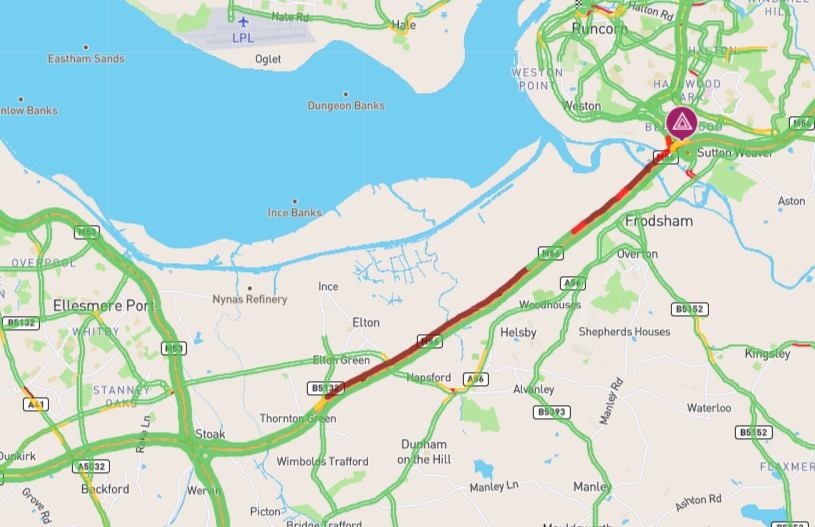 Cheshire Deeside M56 Traffic Collision Leads To Significant Delays
May 24, 2025
Cheshire Deeside M56 Traffic Collision Leads To Significant Delays
May 24, 2025 -
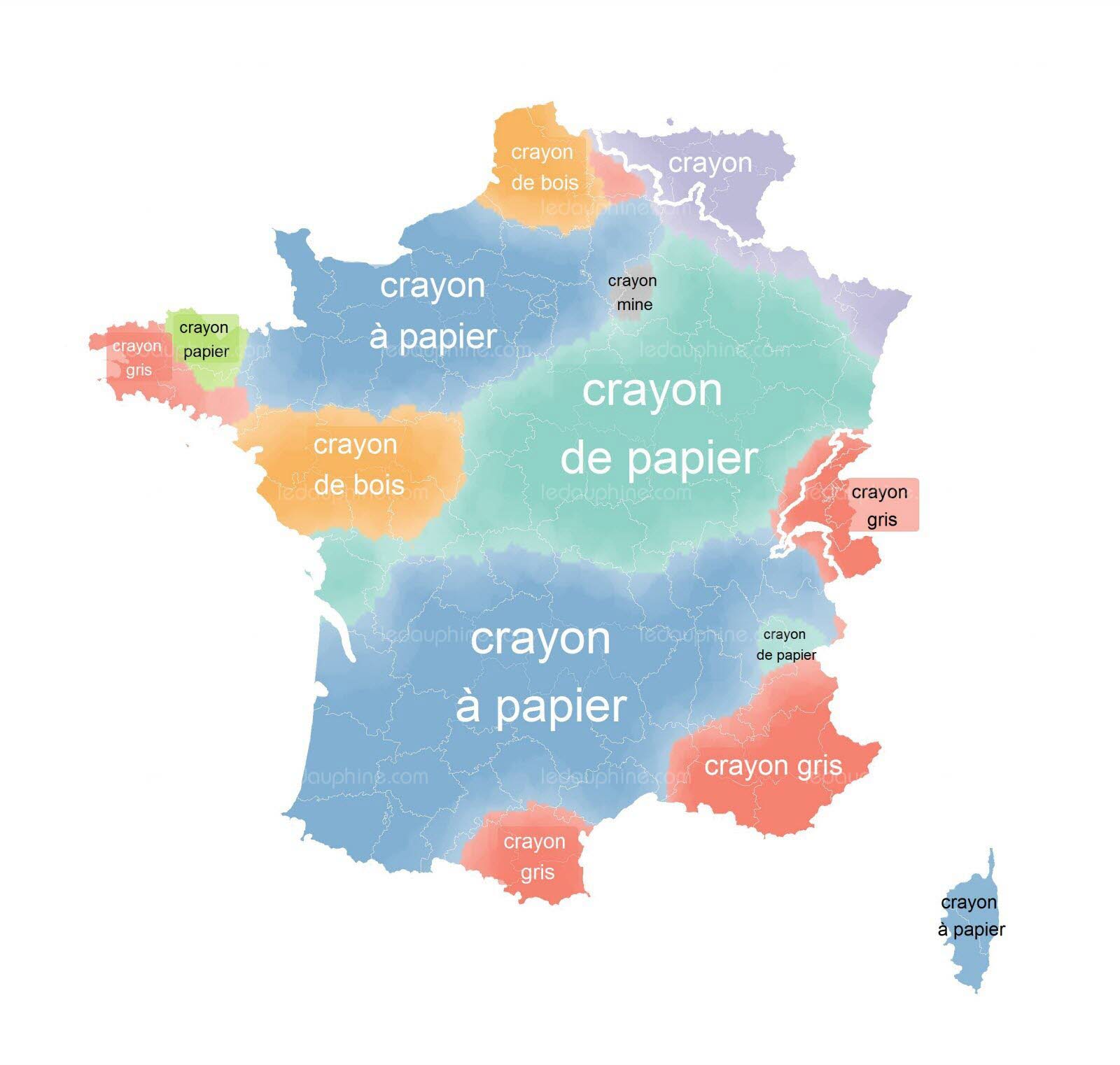 Mathieu Avanzi Au Dela De La Classe L Evolution Du Francais
May 24, 2025
Mathieu Avanzi Au Dela De La Classe L Evolution Du Francais
May 24, 2025 -
 Planning Your Memorial Day Trip 2025 Flight Dates To Consider
May 24, 2025
Planning Your Memorial Day Trip 2025 Flight Dates To Consider
May 24, 2025 -
 Is An Escape To The Country Right For You A Realistic Look
May 24, 2025
Is An Escape To The Country Right For You A Realistic Look
May 24, 2025 -
 Lady Gaga And Michael Polansky At The Snl Afterparty
May 24, 2025
Lady Gaga And Michael Polansky At The Snl Afterparty
May 24, 2025
Latest Posts
-
 Mia Farrow Trump Should Be Jailed Over Venezuelan Deportation Controversy
May 24, 2025
Mia Farrow Trump Should Be Jailed Over Venezuelan Deportation Controversy
May 24, 2025 -
 Farrows Plea Jail Trump For Deporting Venezuelan Gang Members
May 24, 2025
Farrows Plea Jail Trump For Deporting Venezuelan Gang Members
May 24, 2025 -
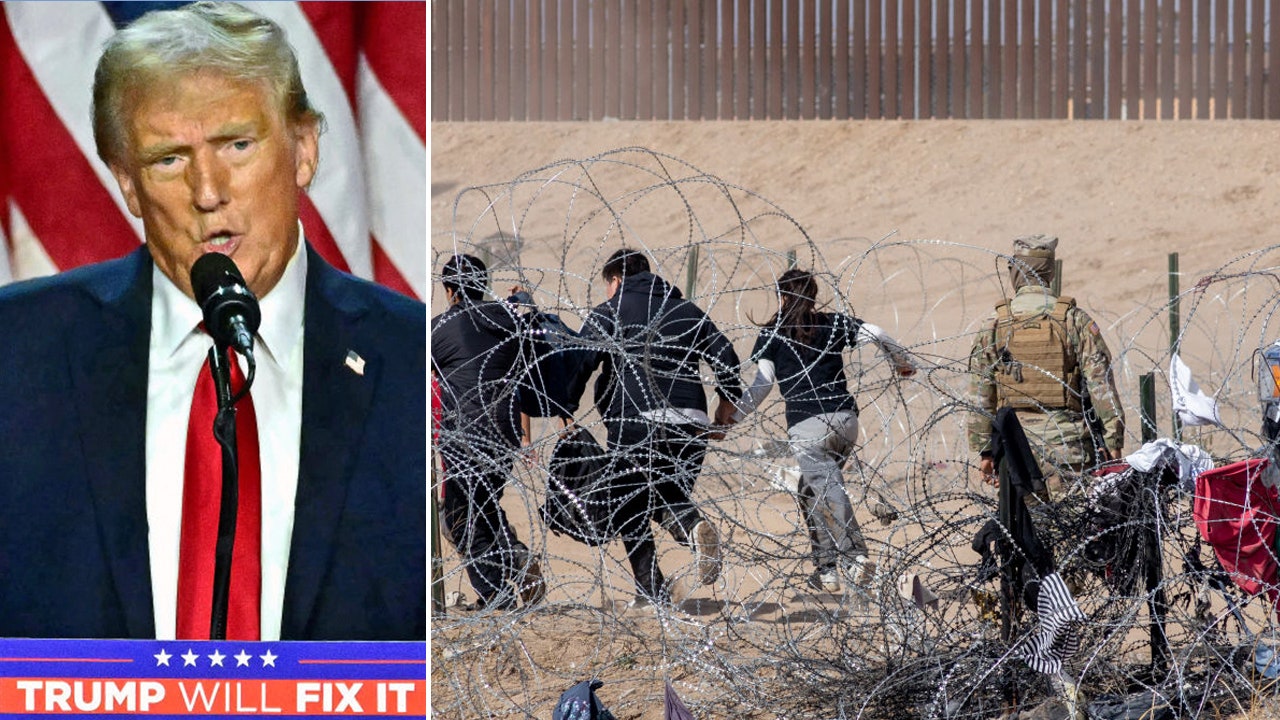 Mia Farrows Outrage Trumps Actions On Venezuelan Deportations Demand Accountability
May 24, 2025
Mia Farrows Outrage Trumps Actions On Venezuelan Deportations Demand Accountability
May 24, 2025 -
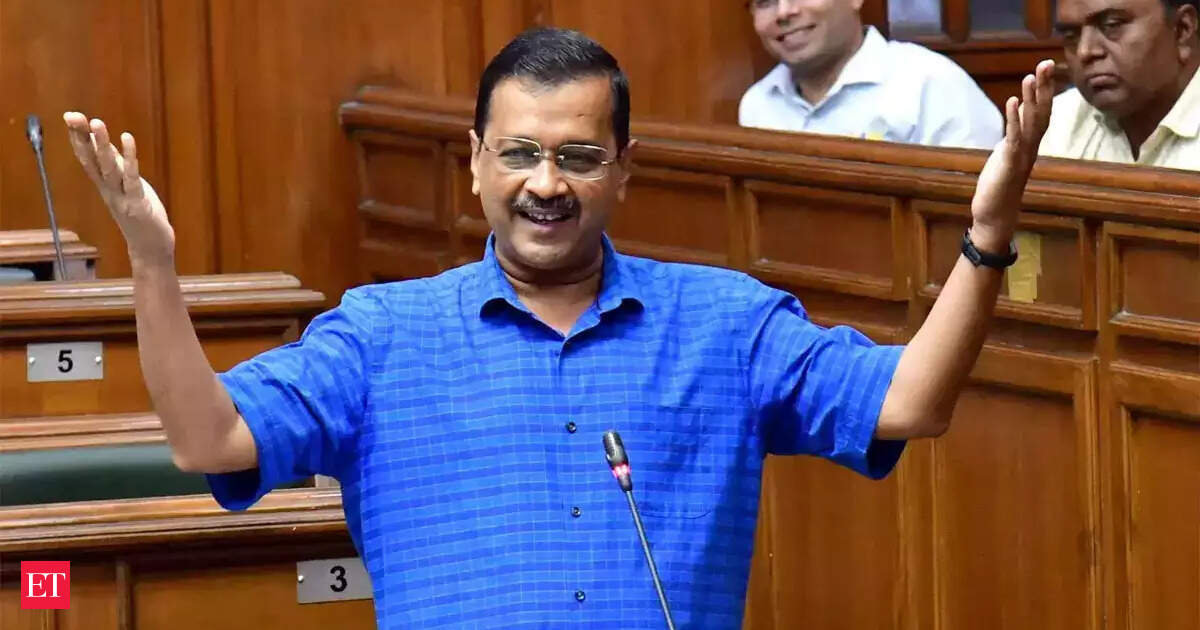 Farrows Plea Prosecute Trump For Handling Of Venezuelan Deportations
May 24, 2025
Farrows Plea Prosecute Trump For Handling Of Venezuelan Deportations
May 24, 2025 -
 Actress Mia Farrow Seeks Legal Action Against Trump For Venezuela Deportation Policy
May 24, 2025
Actress Mia Farrow Seeks Legal Action Against Trump For Venezuela Deportation Policy
May 24, 2025
